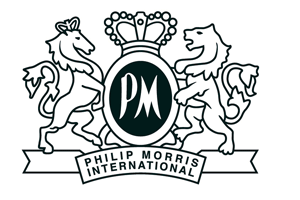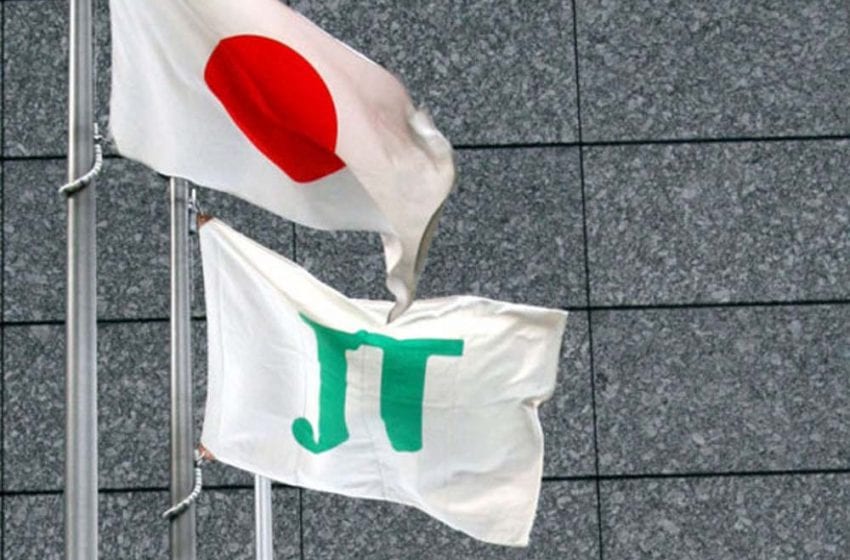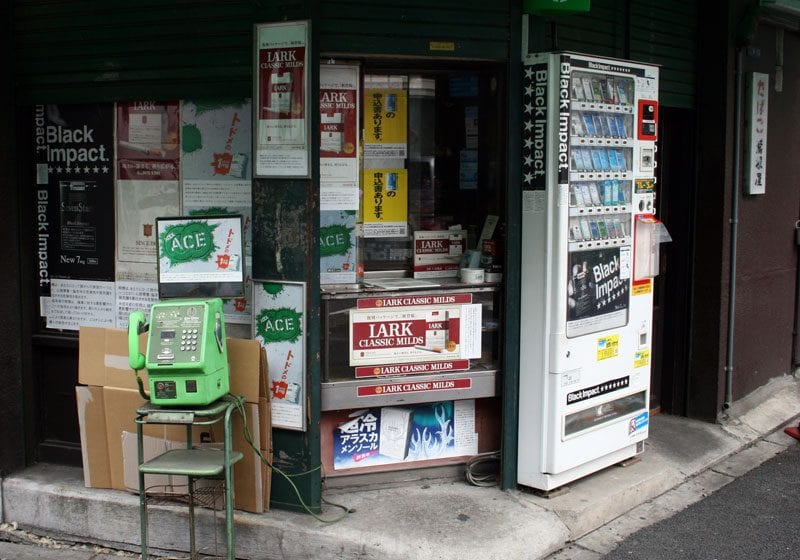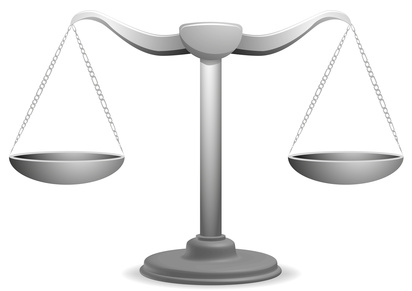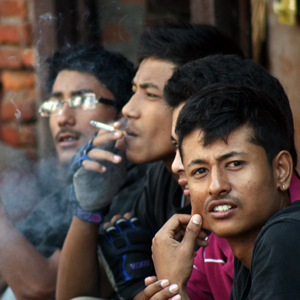
Philip Morris International (PMI) reported net revenues of $7.64 billion in the third quarter of 2019, up 1.8 percent over those reported in the 2018 third quarter. Operating income was $2.79 billion, down 11.7 percent from that in the comparable 2018 quarter.
PMI shipped 199.5 billion cigarettes and heated tobacco units (HTUs) in the third quarter, compared with 203.72 billion in the 2018 quarter.
The number of shipped cigarettes declined to 183.52 billion in the 2019 third quarter from 195.07 billion in the 2018 third quarter.
The number of shipped HTUs increased to 15.99 billion from 8.65 billion from quarter to quarter.
“Our third quarter results continued to reflect strong underlying business performance and include the better-than-anticipated timing of pricing and costs compared to our previously communicated assumptions for the quarter,” said PMI CEO Andre Calantzopoulos.
“The exciting global growth of our heated tobacco products drove our resilient total shipment performance, despite certain timing issues related to our combustible portfolio. The quality of our execution across the business drove growth against each of the key metrics of net revenues, operating income, margin, as well as earnings per share—both in the quarter and year-to-date—on a currency-neutral, adjusted like-for-like basis.
“Importantly, IQOS was introduced in the U.S. this quarter, where it is currently the only FDA-authorized heat-not-burn product.”
The third quarter results also reflected charge of approximately $0.20 per share related to an excise tax and value added tax audit in Russia.
“As we expected, Q3 results were well ahead of consensus,” said Bonnie Herzog of Wells Fargo Securities. “HTU shipments were stronger than we expected, up 84.8 percent led by Italy, Russia, Ukraine and Japan.”
Pamela Kaufman of Morgan Stanley expected investors to react favorably to PMI’s third-quarter results, which she said reaffirmed IQOS’ positive momentum and PMI’s solid underlying fundamentals.

